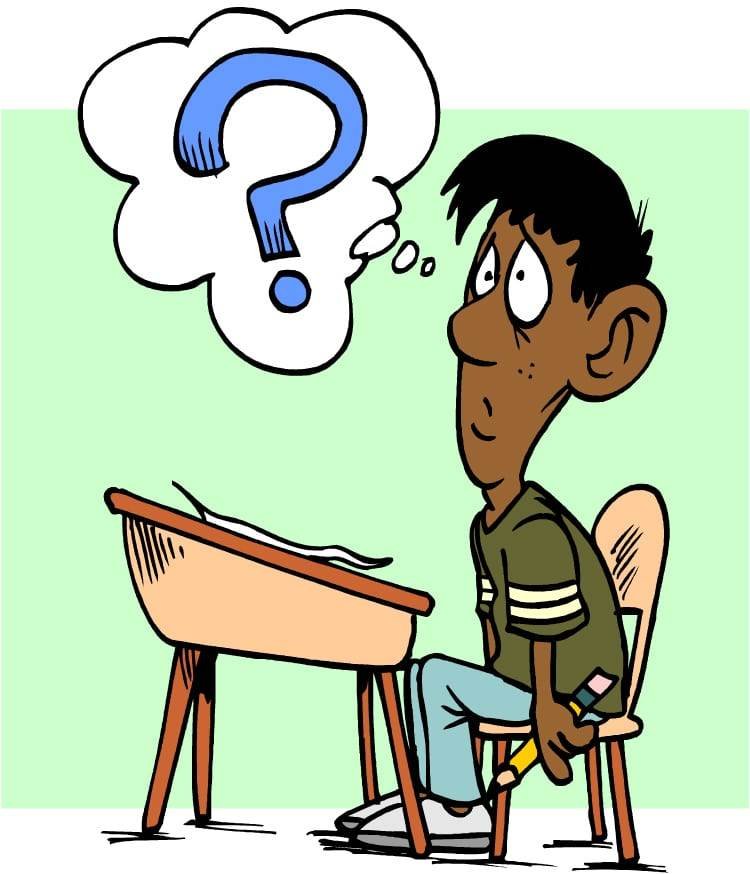Many times your teacher would have you write exactly what she is saying. This is dictation. A dictation means that one person is speaking while someone is writing exactly what another is saying. This type of practice is useful for improving listening skills and taking notes. Accuracy is important in this activity. In general, you need to have a paper and a pencil when you are in class.

Just make sure you use the correct punctuation in the correct places. Use the correct words in the correct place. You have to listen carefully to the full sentence before you write. Also, when the teacher is talking, you have to be mentally in the room to take good notes.
Above all, you should note that hearing and listening are not the same. Some people are not good at listening because they have a hard time concentrating or listening to what someone is saying.
Here are three reasons people have a hard time listening. Think which of the three you are guilty of, though many people do suffer from all three.

3 REASONS PEOPLE HAVE A HARD TIME LISTENING
1. PSEUDO LISTENING
Pseudo means false or fake. Do you fake listen? Fake listening refers to the times you go on a mental vacation. When someone is nodding continually, they are not listening. Don’t let your mind wander off; you could miss a lot of information.

2. SELECTIVE LISTENING
Selective listening refers to distractions. Simple distractions could be a mild sound such as the clicking of a pencil or chewing, that could easily distract a person and cause the listener to tune out the person talking.

3. CRITICAL LISTENING
Critical listening refers to your response to you criticising something while you are listening to someone talk . Maybe there is something that bothers you with what your teacher says, or how your teacher look, or the tone your teacher use, and so you spend your time thinking about that thing. It does no good dwelling on such thought. Worst if it does not have any part of the topic of conversation. This bad habit can damage your hope of listening.


All the above three is human nature and so you have to try your best to eliminate or reduce them as best. Here are six solutions.
SIX SOLUTIONS TO IMPROVE LISTENING
- Awareness. Now that you know these three problems of listening, the next time you do any one of them, you should consciously try to stop it.
- Be physically and mentally prepared to listen. You get physically ready to listen by getting enough sleep or eating on time. It is tough concentrating when you are feeling hungry or tired. You are mentally prepared to listen when you leave your worries outside the class. Don’t take it with you when you need to listen to your teacher. Imagine leaving them outside. Don’t let it take over you.
- Set a goal! Consider your goal in class is to listen to the topic at hand. You must listen 100 percent. It is your personal responsibility to get the most out of it, no matter who you have to listen to.
- Sit at the front or center of the class. This will help you to hear and see better. It is easier to pay attention in this position.
- Practice listening. Hearing and listening is not the same. However, you can get better at it with practice. We have some practice below.
- Pretend to be fascinated if you have to. Pretending fascination is not pseudo listening, rather it is making a conscious effort to tell yourself how to listen. If you are listening to a teacher and slouching in your seat, you are sending messages to tell the speaker your body is not ready to listen. You could end up falling asleep. This is rude and disrespectful. Compare this to sitting up, leaning forward and getting eye contact. This position tells you and the teacher that you are interested in what he or she is saying. Thus, you can pay more attention by your posture and facial expression. Please, do not exaggerate your posture, or actions.

Go out and listen well!
Practice writing sentences
1. Sentences:
Improve your listening skills. Select an audio once and write what you hear. Where you able to remember what you hear?
